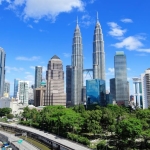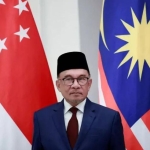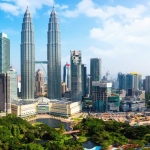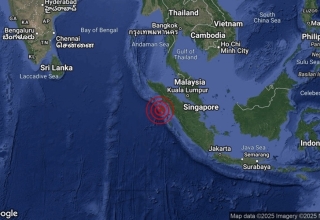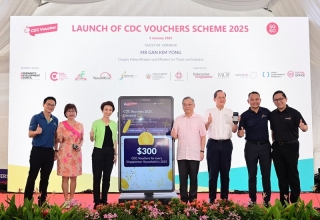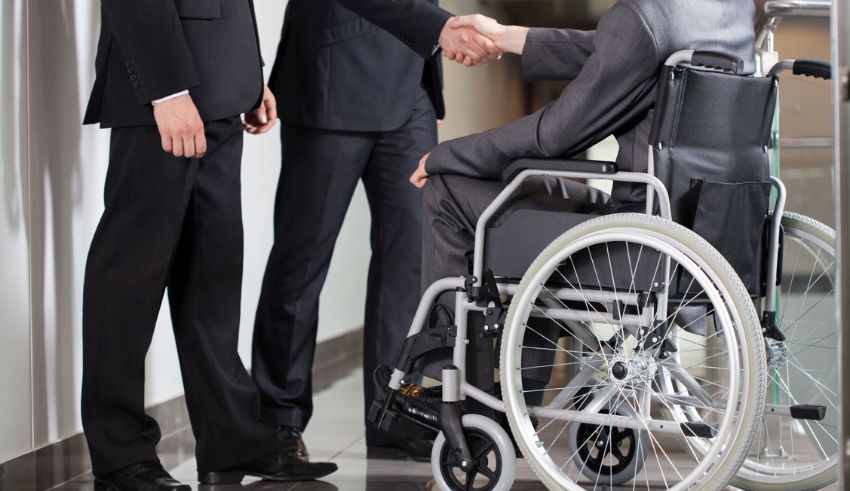
The COVID-19 pandemic has had a devastating impact on the global economy, causing millions of people to lose their jobs and livelihoods. Among the most vulnerable groups are the people with disabilities, who face multiple barriers and discrimination in accessing education, health care, and employment opportunities.
According to the World Health Organization (WHO), there are an estimated one billion people with disabilities worldwide, accounting for 15% of the global population. However, only 1.6% of the Malaysian population, or 537,000 people with disabilities were registered as of 2024. This suggests that many people with disabilities in Malaysia are either unaware of their rights, or reluctant to disclose their status due to stigma and prejudice.
People with disabilities in Malaysia are also 50% less likely to get jobs, and even the jobs they perform tend to be at the lower corporate levels. Moreover, the majority of people with disabilities do not have a fixed income, and those who do receive only RM400 monthly if they are working, or RM300 a month if they are “bedridden”. Such amounts are patently inadequate to meet their basic needs and aspirations.
The solution
In response to the challenges faced by people with disabilities, the Malaysian government has initiated various employment opportunity programmes to address their needs and ensure their inclusion in the workforce. Among the programmes are:
– The establishment of the first MYFutureJobs Satellite Centre, catered specifically for people with disabilities, located at Bangi Industrial Training and Rehabilitation Centre. The center provides career guidance, training, and job placement services for people with disabilities.
– The organization of targeted job carnivals for people with disabilities, where employers and job seekers can meet and interact. From 2023 to February 2024, a total of 39 special interview programmes for people with disabilities were held nationwide, resulting in 396 successful job placements.
– The allocation of RM30 million for the Private Sector Employment Support Scheme, which offers an incentive of RM1,500 per month for six months to employers who hire former inmates, people with disabilities, senior citizens, and retirees. The scheme aims to reintegrate 3,300 job seekers from these target groups into the labour market.
– The implementation of the Return To Work programme, which helps insured individuals who have been wounded or ill to rehabilitate and get employed. The programme covers medical and vocational rehabilitation, as well as financial assistance and incentives for both employees and employers.
The impact
Thanks to these programmes, of the 1,075 insured disabled employees who lost their jobs between 2020 to 2022, 740 of them, or 68.84%, have successfully found employment again. This is a remarkable achievement, considering the adverse effects of the pandemic on the economy and the labour market.
The programmes have also improved the quality of life and well-being of people with disabilities, as they are able to earn a decent income, contribute to society, and enjoy their rights and dignity. Furthermore, the programmes have raised awareness and appreciation of the potential and value of people with disabilities among employers and the public, fostering a more inclusive and supportive environment for them.
The Malaysian government has demonstrated its commitment and leadership in promoting the rights and welfare of people with disabilities, in line with the Convention on the Rights of Persons with Disabilities (CRPD), which Malaysia ratified in 2010. The government has also pledged to continue and enhance its efforts to empower people with disabilities and ensure their equal participation in all aspects of development.
Keep Reading
The reaction
The success story of Malaysia in helping people with disabilities regain employment has received positive feedback and recognition from various stakeholders, including the United Nations (UN), the civil society, and the people with disabilities themselves.
The UN Special Rapporteur on extreme poverty and human rights, Philip Alston, who visited Malaysia in 2019, praised the government for its initiatives and urged it to conduct more comprehensive studies on the challenges faced by people with disabilities². He also recommended that the government increase the monthly assistance for people with disabilities and ensure its adequacy and sustainability.
The civil society organizations, such as the Malaysian Confederation of the Disabled (MCD) and the Malaysian Council for Rehabilitation (MCR), have also commended the government for its programmes and expressed their hope that more people with disabilities will benefit from them. They have also called for more collaboration and consultation between the government and the people with disabilities in designing and implementing the policies and programmes.
The people with disabilities themselves have also expressed their gratitude and satisfaction with the programmes and shared their stories of success and transformation. One of them is Ahmad, a 35-year-old man who lost his left leg in a motorcycle accident in 2020. He was unemployed for two years, until he joined the Return To Work programme and received a prosthetic leg and a job offer from a manufacturing company. He said that the programme has given him a new lease of life and a sense of purpose.
“I am very happy and thankful to the government for helping me to get back on my feet and to work again. I feel more confident and independent now. I can support myself and my family, and I can also contribute to the society. I hope that more people with disabilities will have the same opportunity as me,” he said.

